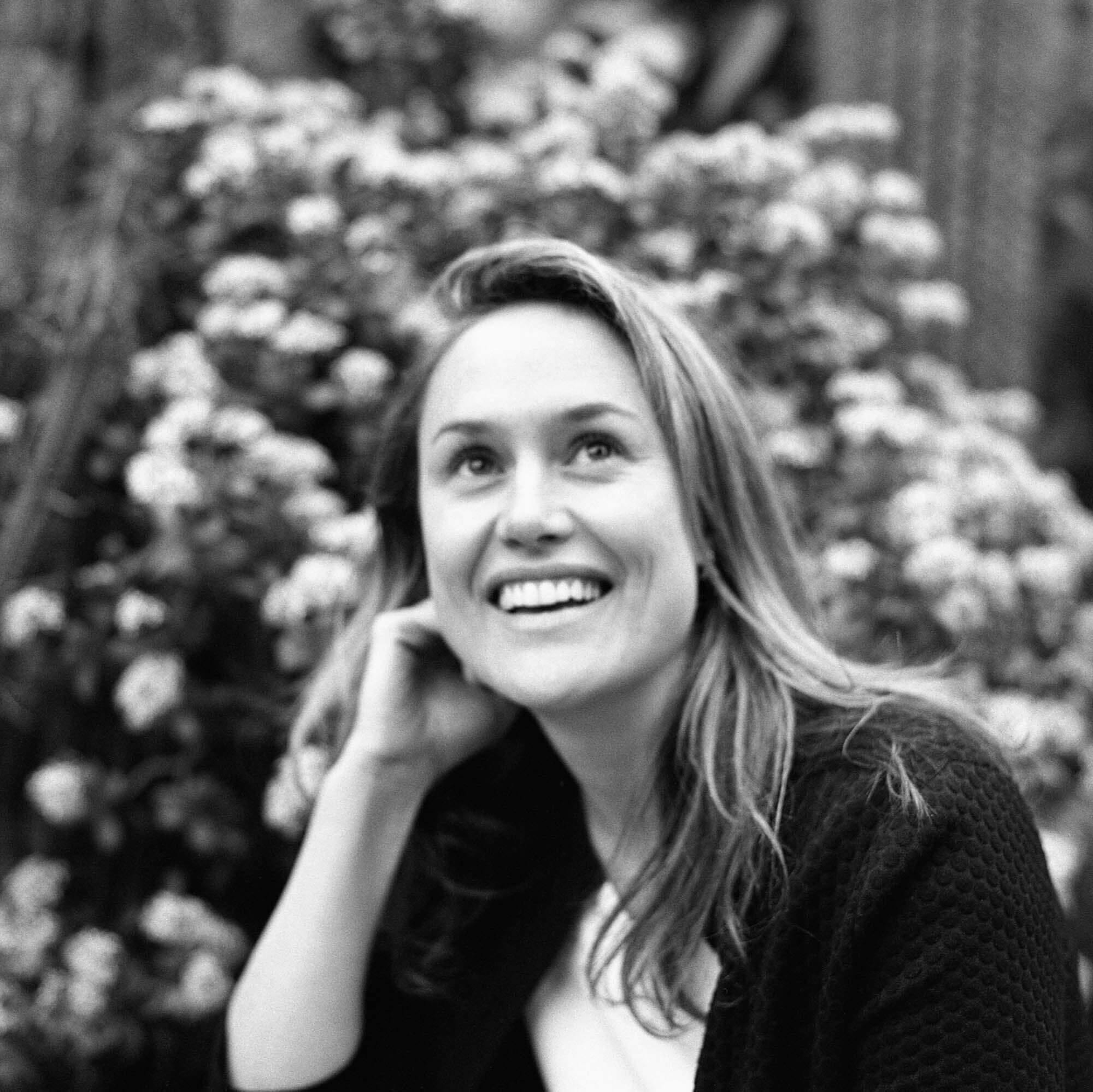Workshops
Experience masterful documentaries from around the world while considering what constitutes truth and subjectivity in filmmaking.
There are no available registration dates at this time.
Note: This workshop will be held in a live, online format utilizing the Zoom platform.
Class meets 6 Wednesday evenings, Mar 6, 13, 20, 27, Apr 3 & 10 from 7:30-9:15pm ET.
Documentary films have long been heralded as a tool for social justice and preserving oral histories, but nonfiction storytellers have just as much power as their fiction counterparts to transport viewers into alternate realities. Indeed, journalistic standards of objectivity become slippery under the weight of cinema’s powerful tools of manipulation. The German filmmaker Werner Herzog coined the term “ecstatic truth” to acknowledge the creative potential of nonfiction filmmaking, and the ways the tools of cinema (editing, sound design, music, and narration) can be wielded to explore the complex layers of subjectivity that lie at the heart of any good story.
This course aims to celebrate the documentary as a wellspring of creativity in cinematic form, challenging students to reconsider traditional binaries of truth/ fiction through an analysis of films by master filmmakers from around the world. From the hybrid cinema of Iran and the revolutionary cinema of Latin America to the essayists of the French Left Bank and contemporary practitioners of today, the course is designed to expose students to lesser-known documentaries from around the globe, informing their creative practice and approach to framing and digesting everyday life.
Open to students of all levels, the class will watch and analyze films via lectures and discussion, and reflect on the contexts in which they were made. At various points, students will also be invited to respond to films and their filmmakers by undertaking short visual exercises and encouraged to share these reflections with their classmates in facilitated discussion groups. The exercises do not require technical sophistication and can be done with phones.
Come prepared to follow your curiosity and engage in stimulating conversations as we examine the complex rewards and challenges of documentary storytelling.
Header image: Still from Midnight Family, Luke Lorentzen’s documentary about the Ochoa family running a private ambulance in Mexico City, competing with other for-profit EMTs for patients in need of urgent help.
Share This

Instructor: Ashleigh McArthur
Ashleigh McArthur is an Australian documentary filmmaker and editor based in the US. She holds an M.F.A. in Documentary Film from Stanford and was most recently co-producer and additional editor on Luke Lorentzen’s A STILL SMALL VOICE, which won the Directing Award: US Documentary at the 2023 Sundance Film Festival. Her eclectic professional background, which includes almost a decade working as a diplomat in the Solomon Islands, Mexico, and New York, informs an interdisciplinary and deeply collaborative filmmaking practice. She is particularly drawn to experimental and essayistic approaches to nonfiction storytelling. She is currently working on a film about the professor and former Secretary of Labor Robert Reich.

